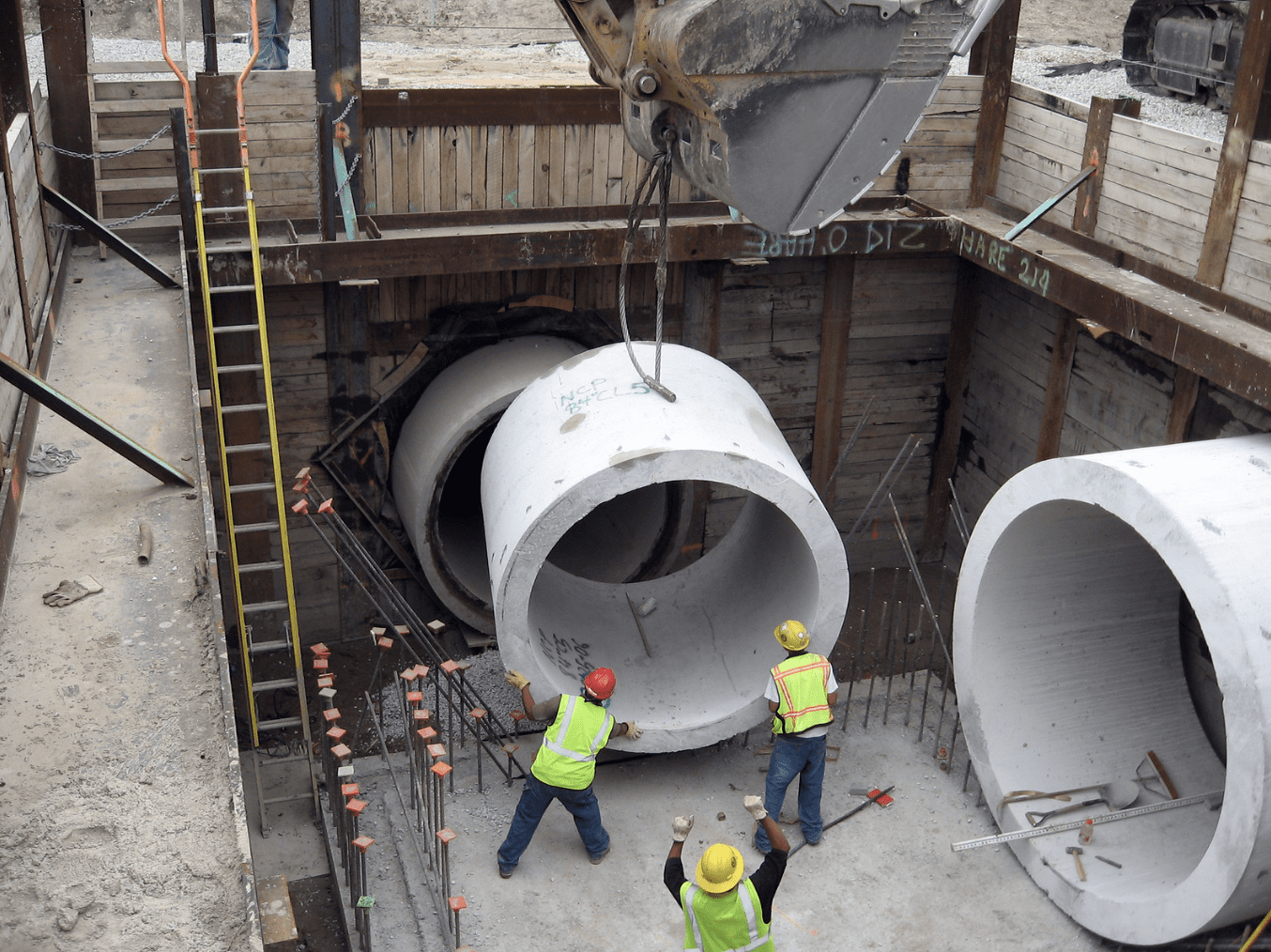The U. S. Small Business Administration (SBA) announced changes to streamline the submission of Work-in-Process (WIP) information small businesses provide when receiving bonding support through the Surety Bond Guarantee (SBG) Prior Approval Program. Surety bonding is required for any business to bid on most major construction projects.
The SBA Surety Bond Guarantee program backs surety bonds for small businesses wishing to submit qualified bids in partnership with surety companies and their agents, allowing them to offer bonds and bonding capacity to small businesses that might not qualify otherwise.
Coupled with the bipartisan CHIPS and Science Act – signed by President Biden on August 9, 2022 – which will help turbo-charge domestic manufacturing and production, lower costs for Americans by bringing supply chains home, and create good-paying union jobs, the revamping of the Surety Guarantee Program represents a strategic investment in helping small businesses compete in an evolving, increasingly global economy.
Read more: Negocios Now announces the NYC Latinos 40 under 40 Class of 2022
“SBA’s Surety Bond Guarantees are critical for small businesses to be able to qualify, compete for, and complete major projects—including many of the improvement projects being funded as part of President Biden’s $1.2 trillion Infrastructure Investment and Jobs Act (Bipartisan Infrastructure Law),” said Administrator Isabella Casillas Guzman.
“Streamlining and simplifying these Work-in-Process submissions will make it easier for more small businesses—especially those in historically underserved communities —to participate in the SBG program, seize these infrastructure opportunities, and continue to lead the way in building a stronger, more equitable, and resilient American economy.”
“We’re very pleased to roll out this new process. The SBA’s Surety Bond Guarantees are going to drastically change the way small businesses gain access to funding opportunities,” said Associate Administrator for the SBA Office of Capital Access, Patrick Kelley. “Ultimately, these small business-friendly improvements will be a game-changer for our nation’s small business owners.”
Small businesses in the SBG Program, and bond agents acting on behalf of their small business clients, provide WIP reports to the SBA which contain detailed information about each project the small business is currently performing. Information reported to the SBA includes contract price, estimated start and completion dates, cost to complete, and billings to date.
Historically, SBA-authorized bond agents, surety partners, and small businesses manually entered this information into the SBA’s Capital Access Financial System (CAFS). A single WIP report can contain dozens of projects and require 30 minutes or longer to submit manually. With this announcement, the SBA now provides an optional process allowing bond agents, surety partners, and small businesses to use a spreadsheet application to prepare WIP information in a machine-readable format, eliminating the need for manual data entry.
This automated process relies on an open, nonproprietary data standard called XBRL (eXtensible Business Reporting Language), which is used by 60 global regulators, including the Federal Deposit Insurance Corporation (FDIC), Federal Energy Regulatory Commission (FERC), and the Securities and Exchange Commission (SEC).
“SBA programs, like the Surety Bond Guarantee Program, are designed to help small businesses thrive and grow. Modernizing our systems will improve efficiencies for bond agents, small businesses, and surety companies and expand our ability to support the entrepreneurs and innovators that run these businesses. We encourage everyone using the SBG Program’s electronic application system to use this automated process to save time and effort.” said Jennifer Vigil, Acting Director for the SBA’s Office of Surety Guarantees.
With the implementation of XBRL the SBA provides stakeholders with a free, Microsoft Excel-based template and application to prepare and submit WIP reports in a machine-readable format directly to the CAFS system. Those using this process can update a small business’s WIP in seconds regardless of the number of projects contained in the WIP report.
“NASBP has been encouraging greater automation for years, and so we are elated with SBA’s decision to embrace the automation of WIP report data, which will help all bonding stakeholders. We look forward to working towards expanding the use of digital data standards into other aspects of the surety bonding process,” said Mark McCallum, CEO, National Association of Surety Bond Producers.
The WIP XBRL data standards, called the WIP Taxonomy, were developed by the XBRL US Surety Working Group, a committee of XBRL US, a nonprofit standards organization dedicated to improving reporting efficiencies for businesses and governments. Sponsoring organizations in the Working Group include Altova, Construction Progress Coalition (CPC), Crowe LLP, IAT Surety, Liberty Mutual Surety, the NASBP (National Association of Surety Bond Producers), Travelers, and Zurich Insurance. SFAA (The Surety & Fidelity Association of America) participates as an observer. To learn more about the XBRL US Surety Working Group, visit https://xbrl.us/home/industries/surety.
The SBA guarantees bonds on construction, service, and supply contracts and subcontracts up to $10 million per project. SBA bond guarantees for contracts up to $400,000 are available through the streamlined QuickApp with limited paperwork and approvals within hours.











